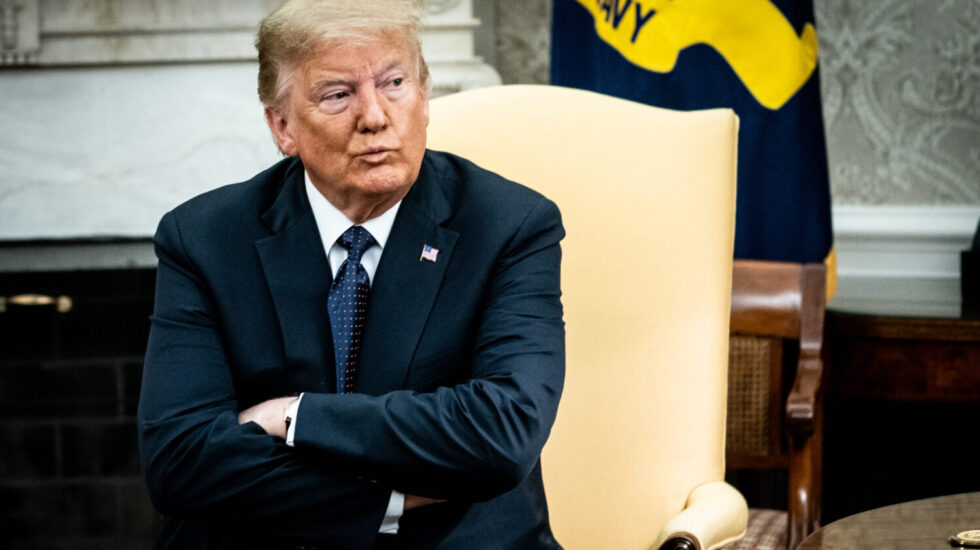Some of the Trump-era documents the National Archives and Records Administration handed over to the House committee investigating the January 6th riot were torn to pieces and reassembled with tape, according to The Washington Post.
The outlet reports:
Former president Donald Trump was known inside the White House for his unusual and potentially unlawful habit of tearing presidential records into shreds and tossing them on the floor — creating a headache for records management analysts who meticulously used Scotch tape to piece together fragments of paper that were sometimes as small as confetti, as Politico reported in 2018.
But despite the Presidential Records Act — which requires the preservation of memos, letters, notes, emails, faxes and other written communications related to a president’s official duties — the former president’s infrangible shredding practices apparently continued well into the latter stages of his presidency.
“White House records management officials during the Trump Administration recovered and taped together some of the torn-up records,” the Archives explained in a statement. “These were turned over to the National Archives at the end of the Trump Administration, along with a number of torn-up records that had not been reconstructed by the White House. The Presidential Records Act requires that all records created by presidents be turned over to the National Archives at the end of their administrations.”
The Post adds:
Stephen Gillers, a New York University law professor and constitutional scholar, said White House documents torn up by Trump are clearly the property of the government under the Presidential Records Act.
“So destroying them could be a crime under several statutes that make it a crime to destroy government property if that was the intent of the defendant,” Gillers said. “A president does not own the records generated by his own administration. The definition of presidential records is broad. Trump’s own notes to himself could qualify and destroying them could be the criminal destruction of government property.”
CNN provides key context:
The [January 6th] committee recently began receiving the documents from the Archives after winning a court battle that went all the way to the Supreme Court. Trump had sued to keep the documents secret, citing executive privilege. The Biden administration chose not to support Trump’s privilege claims, and the courts sided with the committee, allowing the documents to be released.
Committee members have said they are still in the process of poring over hundreds of pages of documents as part of the release. While they have not disclosed all of what the documents reveal, court filings have shown the documents include White House call logs, visitor logs, drafts of speeches and three handwritten notes of top advisers.
